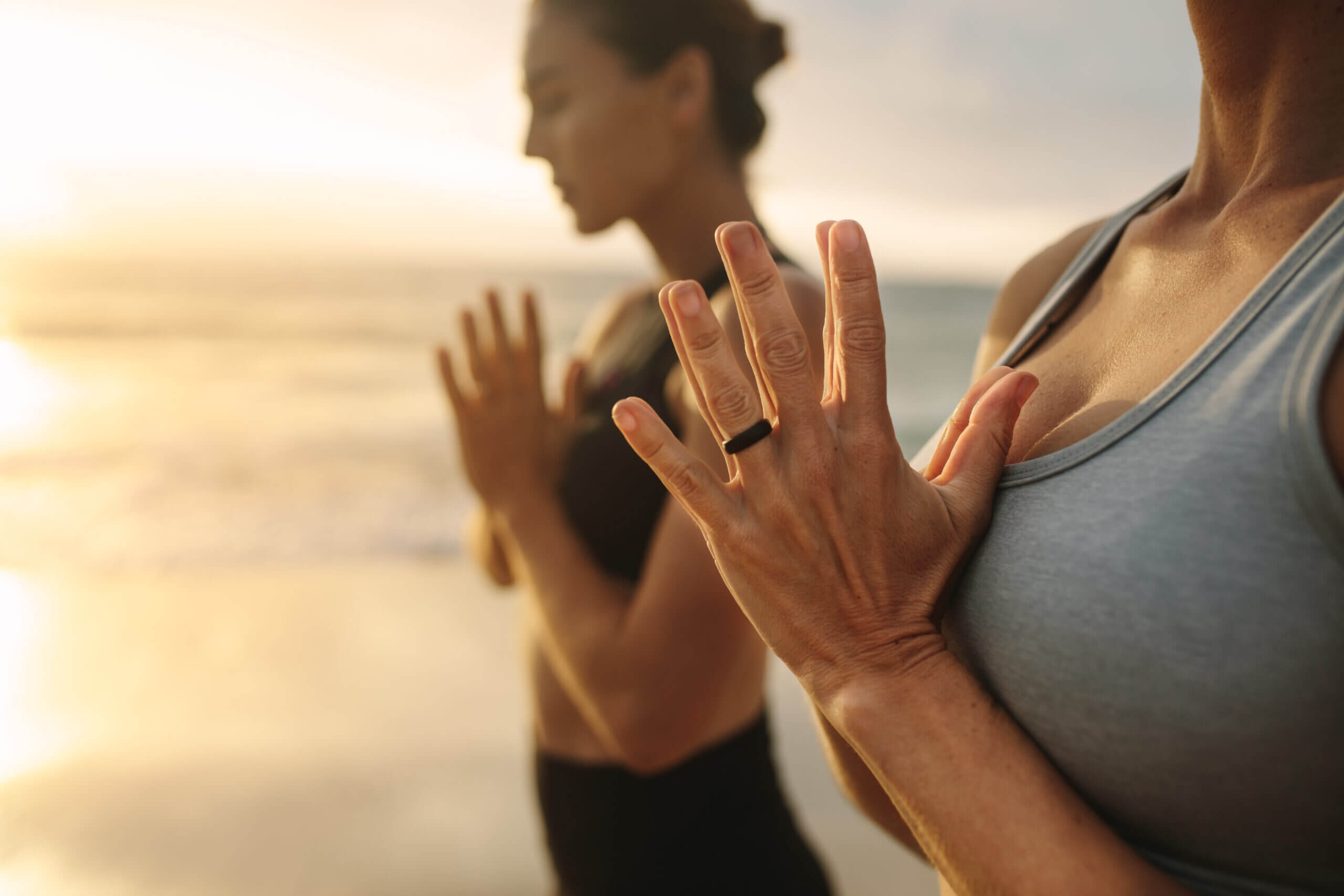
20 Oct How a Daily Tai Chi Practice Supports Healthy Aging
Aging is a natural part of life, and maintaining wellness as we age can enhance quality of life, boost energy, and support overall well-being. Tai Chi—a gentle, flowing form of movement rooted in traditional Chinese medicine—has gained popularity for its remarkable benefits in supporting healthy aging.
Whether you’re looking to stay active, improve balance, or find mental clarity, a daily Tai Chi practice offers a simple, accessible way to help you age gracefully.
What is Tai Chi?
Tai Chi is often described as “meditation in motion.” It involves slow, mindful movements coordinated with deep breathing. Practiced for centuries, Tai Chi encourages balance, flexibility, and mental calm. As a low-impact exercise, it’s especially suitable for older adults, providing both physical and mental benefits without strain on the joints.
A study published in Frontiers in Aging Neuroscience found that Tai Chi is safe, adaptable, and effective for supporting long-term health, even for those new to physical activity .
Benefits of Tai Chi for Healthy Aging
- Improves Balance and Reduces Fall Risk
Falls are a leading cause of injury among older adults, and one of the biggest benefits of Tai Chi is its ability to improve balance and reduce fall risk. The practice strengthens lower body muscles, enhances coordination, and increases stability. Research shows that Tai Chi can reduce falls by up to 43% in older adults by helping them feel more grounded and steady .
- Supports Joint Health and Mobility
Tai Chi’s gentle movements support joint flexibility and reduce stiffness, making it particularly helpful for people with arthritis and other mobility concerns. Studies show that Tai Chi can ease pain, improve joint function, and even reduce inflammation, according to research in the Journal of Rheumatology . Practicing Tai Chi helps maintain joint mobility, making it easier to stay active and enjoy daily activities.
- Boosts Cardiovascular and Respiratory Health
Regular Tai Chi practice can improve heart and lung function, supporting cardiovascular health without overexertion. The deep, slow breathing combined with movement enhances oxygen flow, which benefits circulation and helps manage blood pressure. A study published in Medicine found that Tai Chi had positive effects on blood pressure, heart rate, and lung function, making it ideal for older adults seeking a gentle, heart-healthy exercise .
- Enhances Mental Clarity and Reduces Stress
Tai Chi’s focus on breathing and movement serves as a form of moving meditation, promoting mental calm and clarity. Regular practice can reduce anxiety, lift mood, and support mental well-being. According to the American Psychological Association, Tai Chi can reduce stress and enhance cognitive function, helping older adults stay mentally sharp and resilient .
- Promotes Better Sleep
Many older adults struggle with sleep quality, but Tai Chi can help. Studies show that regular practice can improve sleep duration and quality, making it easier to fall and stay asleep. Practicing Tai Chi in the evening, in particular, may help reduce restlessness and prepare the body for a restful night. Research published in Sleep Medicine Reviews supports Tai Chi as an effective, drug-free way to improve sleep for older adults .
Getting Started with Tai Chi
Starting a Tai Chi practice is easy and doesn’t require any special equipment. Many local community centers and wellness studios offer classes tailored to beginners, often designed with older adults in mind. You can also find guided Tai Chi videos online, allowing you to practice at home. Aim to practice for 10–20 minutes a day, focusing on deep breathing and mindful movement.
Tai Chi can be practiced anywhere—whether in the comfort of your home or in a beautiful park. Begin slowly, listen to your body, and let the practice evolve with you. Consistency is key, and even a short daily practice can make a noticeable difference in how you feel.
In Conclusion: A Path to Graceful Aging
Tai Chi offers a gentle yet powerful way to support healthy aging. By improving balance, boosting mental clarity, and enhancing joint and cardiovascular health, Tai Chi empowers you to feel more vital, calm, and connected. Embracing this practice can help you age gracefully, enjoy life more fully, and stay active and independent for years to come.
References
- Wayne, P. M., et al. (2014). The impact of Tai Chi on fall prevention in older adults. American Journal of Public Health, 104(7), e93-e100.
- Wang, C., et al. (2010). Tai Chi and joint health in arthritis patients. Journal of Rheumatology, 37(6), 1228-1234.
- Liu, X., et al. (2019). Effects of Tai Chi on blood pressure, heart rate, and lung function. Medicine, 98(5), e14232.
- Taylor-Piliae, R. E., et al. (2006). Tai Chi as a complementary exercise for reducing stress in older adults. Journal of Applied Gerontology, 25(1), 32-52.
- Irwin, M. R., et al. (2017). Improving sleep quality in older adults with Tai Chi: A systematic review and meta-analysis. Sleep Medicine Reviews, 31, 92-101.
Tai Chi is a gentle, enjoyable way to support aging well. Why not give it a try today and experience the benefits for yourself?


